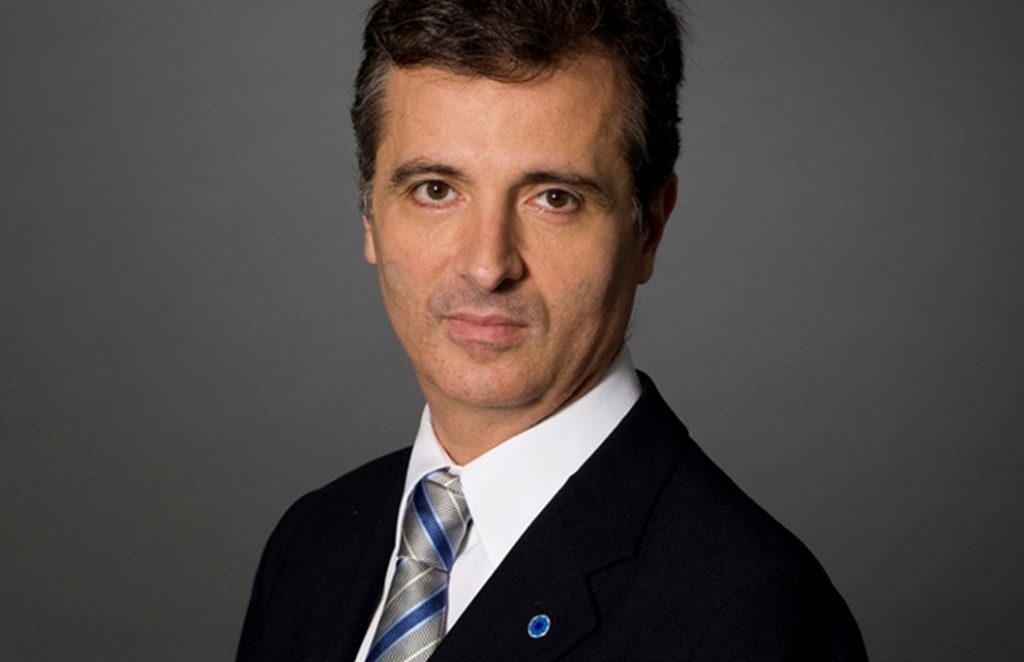Engr. Khaled Awad, chairman and founder of Advanced Construction Technology Services and newly appointed vice president of the American Concrete Institute speaks with Construction Business News ME about how international standards act as a collation of industry knowledge used as a reference for the construction industry in the Middle East
Could you tell us about what role the American Concrete Institute (ACI) plays in setting international standards?
ACI is the world authority and global resource on concrete construction. It produces the building code for concrete construction, which is the primary reference of all construction projects in the world. ACI has more than 200 technical committees producing specifications, guidelines and technical reports on various construction topics. It has more than 18,000 members worldwide and runs certification programmes for concrete professionals in the US and worldwide.
What are your plans for the institution as newly appointed vice president?
My current role as vice president for the ACI will allow me to highlight the role and importance that ACI can and should play internationally. It is evident that the centre of gravity of global construction has shifted to the East. Associations and institutes similar to ACI should be able to capture the knowledge generated from the large “breakthrough” construction projects in our region, Asia and other areas in the world and disseminate it globally.
What are your views on the current quality standards in the construction industry in the region?
It is not bold to say that the GCC region leads the world in specifying and enforcing high quality standards in construction, particularly when it comes to concrete. The fact that three of the tallest buildings in the world (Makkah Clock Tower, Burj Khalifa in Dubai, and the Kingdom Tower in Jeddah) are all in the GCC is a clear testimony of the advancement this region has seen. If the construction industry were not implementing the most stringent standards in quality, such buildings as well as the other massive infrastructure projects would not be able to be executed.
Advanced Construction Technology Services (ACTS) support a number of international organisations and standards. What role do these international standards play in the regional construction industry?
Being the representative of IHS Standards Expert, ASTM International, British Standards Institution (BSI), Institute of Electrical and Electronics Engineers, Inc. (IEEE) and other global standards development organisations, ACTS has become the region’s one-stop provider of international codes and standards that aim to advance material and service knowledge in the region. These standards are the products and compilation of industry knowledge, and therefore are the necessary references for construction, as well as other industries.
How far off is the regional industry from meeting the benchmark set by international organisations?
This depends largely on the owners and engineers, and how they prioritise quality. In large projects, quality is not an unintended consequence, it is a moving target. In other projects, mostly small residential and housing ones, where cost or time pressures prevail adherence to standards takes the backseat. Still, in general, the quality of construction in the region is advancing.
How popular are the ACI certifications in the Middle East? Do you think the recognition of these certifications are growing in the region?
ACTS is the local sponsoring group in the Middle East for ACI Certification, and we are seeing how ACI certification is in high demand and is becoming a mandatory requirement for many projects. It is the only recognised people’s credential in concrete construction and therefore it has become an indispensable tool for improving quality in concrete construction.
Do you think there is a tendency to seek certification without really understanding true excellence?
There is always this tendency but the majority of people attempting certification seek professional development and advancement of knowledge. It is important to mention that the certification comprises written and performance exams and these are not a walk-in, they demand thorough understanding of standards. The average pass rate is 70% therefore independently of the reason, the ultimate outcome is better understanding and increased knowledge for the candidate.
Alternatively, does gaining certifications enable a company to achieve excellence?
Customers tend to trust companies that seek certifications for its employees and management team since meeting the standards assures that all the company’s activities are properly managed and controlled. Excellence is about people and certification is a cornerstone toward professional improvement and overall quality.
Most industry experts in the region have observed that knowledge sharing is quite good in the Middle East as opposed to the West where the market is fiercely competitive. Do you think that’s true? And why?
It depends on the industry and the corporate culture around it. The competitive landscape in the West is fierce. This explains why companies put thick barriers for trade secrets and proprietary knowledge. The predominant culture in Middle East region is that we are still an importer of knowledge and a recipient of external technology as locally developed intellectual property is limited.
How could we increase knowledge sharing in the region?
ACTS’ mission is to propagate technical awareness by conducting certification programmes, training courses, seminars, workshops, and conferences in the region. Future Concrete, has become the concrete industry’s most sought after conference in the region for such exchanges. It is the premier learning event for the construction industry, attended by local and international industry experts who discuss the latest concrete technology. The conference attracts contractors, consultants, architects, suppliers and manufacturers, concrete technologists, and even students for the discussion of all matters related to concrete and the development of solutions to local problems.

